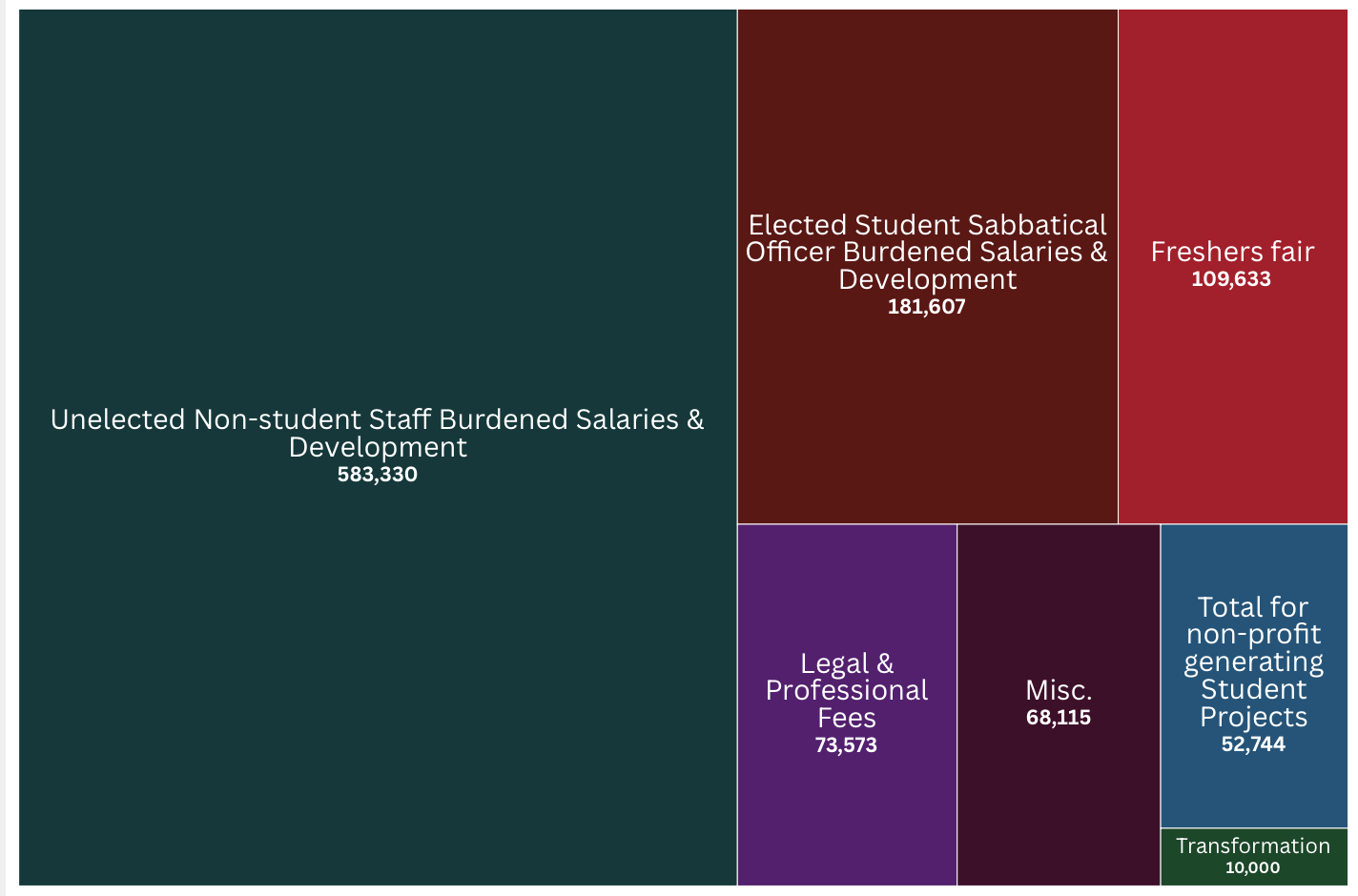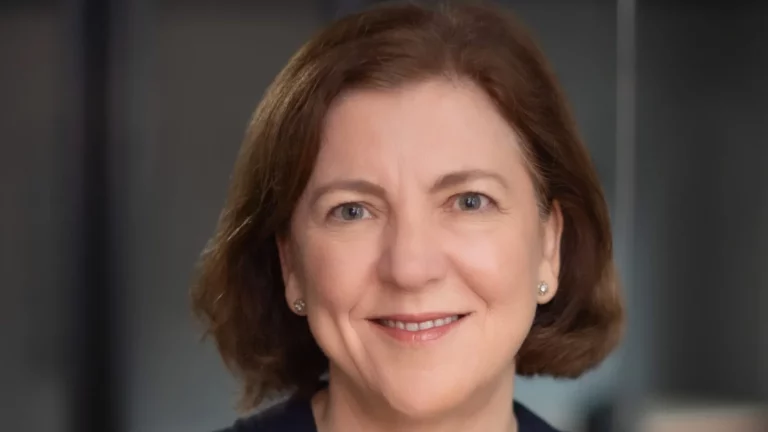I recently took to my finsta to post a story claiming that the Fontaines DC’s Radio One Live Lounge cover of Lana Del Ray’s ‘Say Yes To Heaven’ should play at: “all my future birthdays, my wedding and my funeral.” It’s undeniable that recently the band seems to be dominating the music scene, with their alternative indie-sleaze aesthetic, dry Irish humour, and pints and cigarettes in hand, they are the perfect image of ‘bad boys’ that you can’t help but be obsessed with.
Fontaines DC are at the front of the continuously growing Irish Indie scene, followed closely by bands like Inhaler who have also boomed onto the scene this past year. If you don’t know them, get to know. Fontaines DC, who originally met in music college in 2014, have grown their audience immensely, allowing them to perform at larger venues such as Glastonbury, and next year hitting the United States, Japan, New Zealand and Australia. With artists such as Fontaines DC, Wunderhorse, Inhaler and The Dare becoming more mainstream, it’s clear there is set to be a resurgence of the sleazy early 2000’s scene.
The origins of Indie Sleaze is branded by bands like The Strokes, Yeah Yeah Yeahs and Interpol, which also birthed bands like The Arctic Monkeys who still continue to dominate the indie scene to this day. In this era, making music independently suddenly became a lot easier due to the advancing of technology and online social media platforms that allowed the opportunity for the indie scene to be big. Currently, everyone has access to the potential to create music at their fingertips, as well as the potential to be successful. Where one viral TikTok can change a career trajectory, perhaps it’s these mass technological developments that are helping cultivate more independent artists.
We must also remember that originally Indie was also a political movement, an optimistic response to the era of the great recession. Now, in an age where everything is progressing extremely fast, we crave a certain type of nostalgia and release, exactly the kind the era of Indie sleaze offered us. It’s not just music, it’s fashion, television, photography, the parties, the hedonism, it’s a lifestyle. It first had its comeback in the form of a cultural response to the pandemic, and now we can see indie sleaze as a response to the cost of living crisis, as we are nostalgic for an era in which the vintage clothes of the 2000s were a few quid in a charity shop, as opposed to hundreds sold by some sketchy Depop seller….
Indie fashion has also had a major comeback, with bands like Fontaines utilising a punk edge with hits of neon green, dyed hair, baggy silhouettes and feminine edges. They not only push past the boundaries of music but also of clothing, pulling apart gender constraints and harking back to the old days of rock and punk. Visually, their music videos also stand out for their extreme aesthetics and images of blood, violence and politics. The Starburst video echoes explicitly Chatten’s statement in a recent TikTok that since reading: “an article a couple of years back about us having reached the tipping point in terms of climate change…every kind of pleasantry feels like some bizarre fantasy that we all kind of like, are forced to buy into in order to survive and go about our daily lives. That’s Romance to me. This illusion that’s necessary in order to carry on.”
In the music video Chatten struts around his Irish town going about errands, walking through fields of wind turbines, often returning beaten and bruised and changing outfits throughout, each one as extreme as the next. All the videos Fontaines release are purposefully difficult to pin down and dissect, adding to their illusive punk image, but the dissatisfaction Chatten is personally feeling in this repetitive world that is seemingly incapable of change shines through nonetheless.
Fontaines DC’s newest album Romance I must have listened to over fifty times. The eerie quality of the record adds a unique element to its indie roots, but it’s the lyricism that hits hardest. Where the band has been applauded in the past for their rawness and post-punk sensibilities, this new album brings much more sophistication. They have pulled up and out from their humble small-town roots, and have exchanged longtime collaborator Dan Carey for producer James Ford, known most for his work with The Arctic Monkeys, Gorillaz, and Depeche Mode. Romance keeps that inherent darkness, the first line of the album announcing our quest ‘into the darkness again’ that is central to the band’s work and image as they push the music further, experimenting more with sound and lyricism. Some of Romance’s popularity and mass appeal stems from its exploration of emotion as lead singer Grain Chatten begs ‘To be anesthetized/ And crave emotion’ then going on to identify how this numbness of emotion can become seductive as he ‘don’t feel anything in the modern world,’ only making people ‘sick with feeling’ that leads to fatal consequences. ‘My childhood was small,’ Chatten declares on their first record, ‘but I’m gonna be big.’ Here he makes a broad statement about their music in general, as they take the intimacies and intricacies of individual life and emphasise them musically, inviting everyone to participate in the catharsis. The importance of the poetics in their songwriting doesn’t go amiss, as the home truths they proclaim in their lyrics that are spliced between catchy choruses and melodies creates a raw album that sits well in a discography that is full of real songs.
The most distinctive track for me is ‘Horseness Is The Whatness’ a quote from one of Fontaines DC’s original heroes, James Joyce. Irish author Joyce is a frequent source of inspiration for the band, and his work is often alluded to in other tracks such as ‘Favourite.’ Chatten even claimed that the decision for it to be the final track in the album stemmed from the fact that: “It’s like Finnegans Wake by James Joyce, to get my daily reference in, but it ends with the same sentence that it begins with.” ‘Horseness Is The Whatness’ is a beautiful track that explores the journey of life, as Chatten pleads us in his raspy drawl: “Will someone / Find out what the word is / That makes the world go round? / Cause I thought it was love / But some say that it has to be choice.” I could write a whole literary essay just examining that one quote. The addition of soft percussion sounds like small explosions in my ears and the strings only add to the track’s intensity. Whether you like it or not, it’s undeniable that indie is having a comeback. I can talk all I want about how much I love Fontaines DC, and Romance in particular, but Chatten himself puts it best when he says: “It’s intense but it’s beautiful. Like coffee.” So, drink up.












